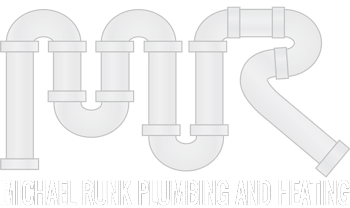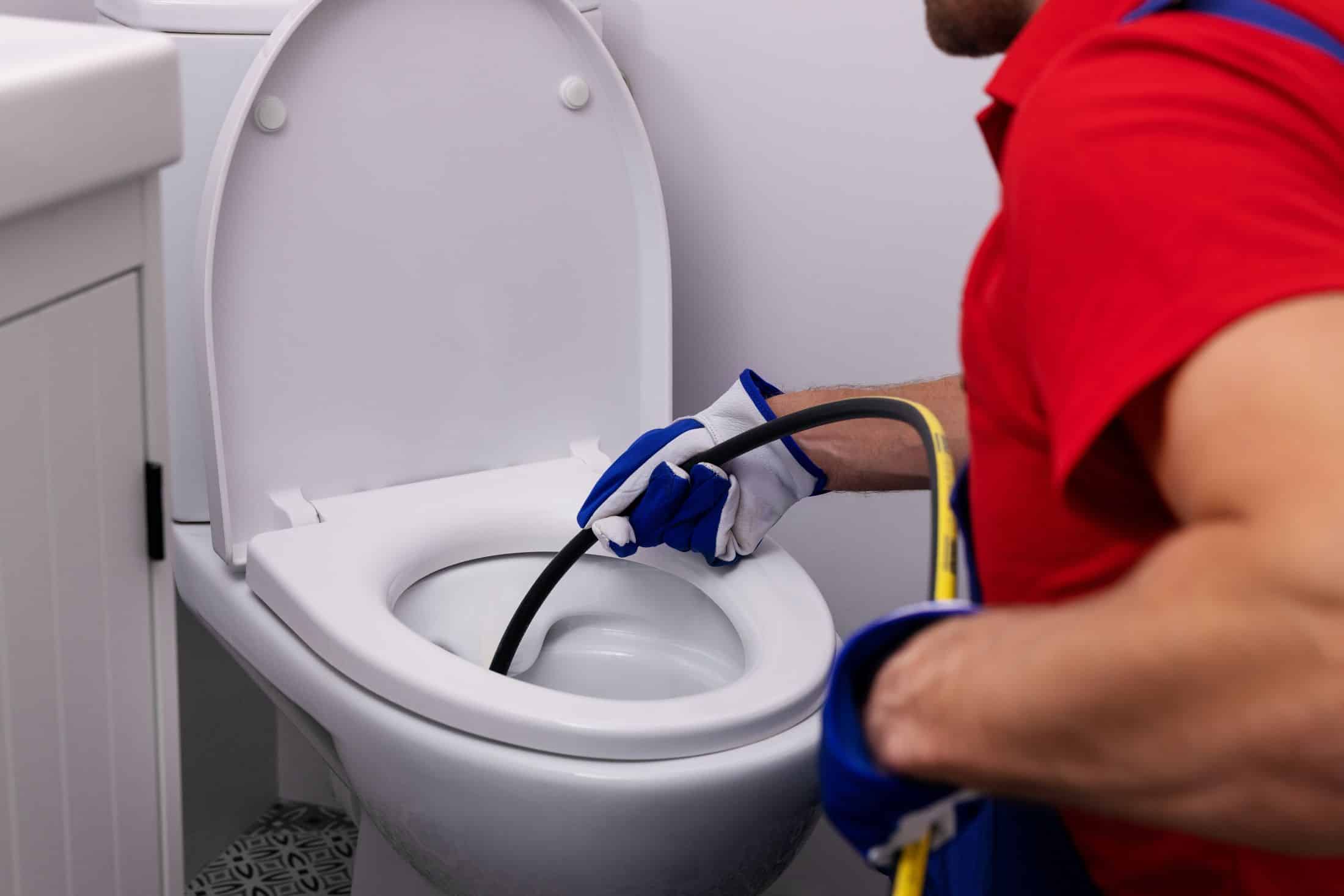DIY projects can be satisfying and cost-effective, but when it comes to plumbing, the stakes are high. Attempting to fix clogs and plumbing issues without proper knowledge and tools can lead to compounded problems and costly repairs down the line. Keep reading to explore the risks of DIY plumbing, particularly when it comes to addressing clog issues, and why it’s often best to leave these tasks to the professionals.
Incomplete Solutions
One of the most significant risks of DIY plumbing is the potential for incomplete solutions to clog issues. While store-bought drain cleaners may offer temporary relief by clearing minor clogs, they often fail to address the underlying causes of the problem. Without identifying and resolving the root cause of the clog, such as tree roots invading the sewer line or a buildup of grease and debris, the issue is likely to recur, leading to ongoing frustration and inconvenience.
Damage to Pipes
DIY attempts to clear clogs using harsh chemicals or improper techniques can cause damage to your plumbing pipes. Chemical drain cleaners can corrode pipes over time, weakening them and increasing the risk of leaks or ruptures. Likewise, using excessive force or inappropriate tools to clear clogs can result in pipe damage, leading to costly repairs and potential water damage to your home.
Worsening of Clog
In some cases, DIY attempts to clear clogs can inadvertently worsen the problem. For example, using a plumbing snake without proper training and technique may push the clog further down the pipe, making it more challenging to remove and potentially causing a complete blockage. Additionally, DIY efforts to disassemble plumbing fixtures or remove trap components may result in misalignment or improper reassembly, exacerbating the clog and complicating repair efforts.
Health and Safety Risks
DIY plumbing can pose significant health and safety risks, particularly when dealing with clogs in sewer lines or septic systems. Exposure to raw sewage and wastewater can lead to bacterial infections and other health hazards. Moreover, improper handling of plumbing tools and equipment, such as drain snakes or augers, can result in injuries, including cuts, burns, and bruises. Professional plumbers have the necessary training, experience, and safety protocols to handle clog issues safely and effectively.
Voiding of Warranties
Attempting DIY plumbing repairs may void warranties on plumbing fixtures and appliances. Many manufacturers require that repairs and maintenance be performed by licensed professionals to maintain warranty coverage. By attempting DIY fixes, homeowners risk losing warranty protection and may be responsible for covering the cost of any future repairs or replacements out of pocket.
Costly Repairs
While DIY plumbing may seem like a cost-effective solution initially, it can ultimately result in costly repairs and remediation efforts. Compounded clog issues, pipe damage, and other unintended consequences of DIY attempts may require extensive repairs by professional plumbers, leading to higher expenses than if the problem had been addressed correctly from
Avoid Compounding Clog Issues with Michael Runk Plumbing and Heating
DIY plumbing carries significant risks, particularly when it comes to addressing clog issues. Turn to the plumbing experts of Michael Runk Plumbing and Heating for all your plumbing needs. Don’t leave your plumbing to chance with DIY solutions. Let our experienced plumbing experts resolve your clog issues so you can avoid the pitfalls of DIY plumbing and ensure that your plumbing system functions properly for years to come. Contact us today to schedule an appointment. the start.

